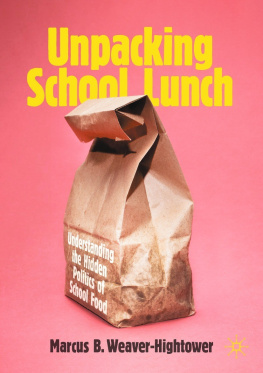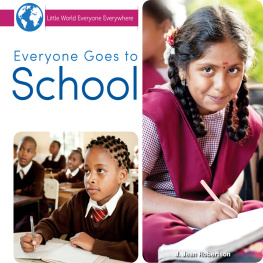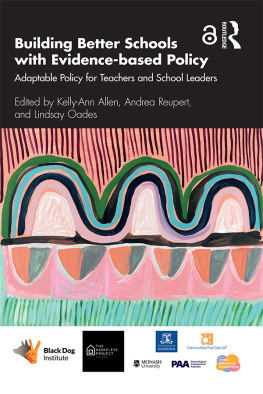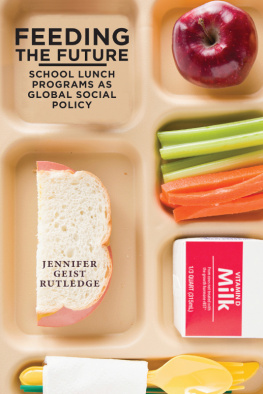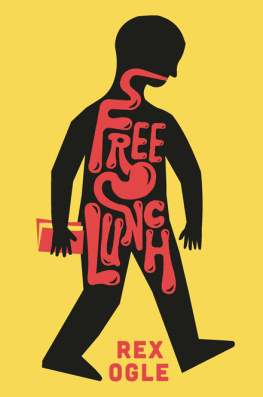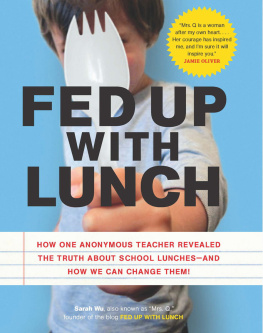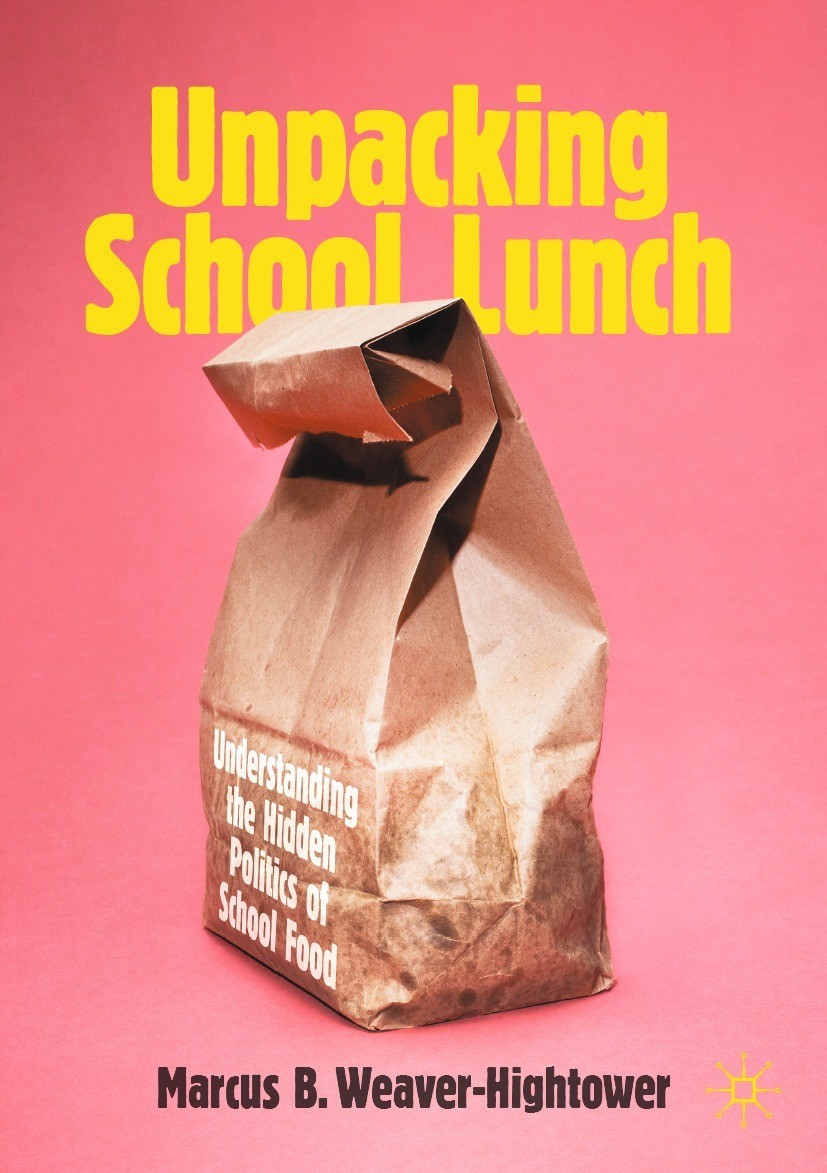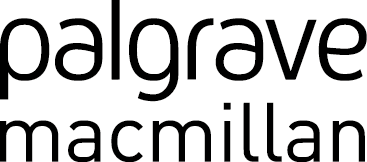Marcus B. Weaver-Hightower
Foundations of Education, Virginia Tech, Blacksburg, VA, USA
ISBN 978-3-030-97287-5 e-ISBN 978-3-030-97288-2
https://doi.org/10.1007/978-3-030-97288-2
The Editor(s) (if applicable) and The Author(s), under exclusive license to Springer Nature Switzerland AG 2022
This work is subject to copyright. All rights are solely and exclusively licensed by the Publisher, whether the whole or part of the material is concerned, specifically the rights of translation, reprinting, reuse of illustrations, recitation, broadcasting, reproduction on microfilms or in any other physical way, and transmission or information storage and retrieval, electronic adaptation, computer software, or by similar or dissimilar methodology now known or hereafter developed.
The use of general descriptive names, registered names, trademarks, service marks, etc. in this publication does not imply, even in the absence of a specific statement, that such names are exempt from the relevant protective laws and regulations and therefore free for general use.
The publisher, the authors, and the editors are safe to assume that the advice and information in this book are believed to be true and accurate at the date of publication. Neither the publisher nor the authors or the editors give a warranty, expressed or implied, with respect to the material contained herein or for any errors or omissions that may have been made. The publisher remains neutral with regard to jurisdictional claims in published maps and institutional affiliations.
Cover illustration: William Andrew/gettyimages
This Palgrave Macmillan imprint is published by the registered company Springer Nature Switzerland AG
The registered company address is: Gewerbestrasse 11, 6330 Cham, Switzerland
Acknowledgments
I owe a great debt of gratitude to the many people that made this book not only possible but a reality.
Some research for this book I completed during a sabbatical from the University of North Dakota, during which I received support from Rhodes University in South Africa, particularly the Department of English, and from the University of South Carolina. At Rhodes, I thank Dirk Klopper and the Rhodes University Library staff. At the University of South Carolina, I especially owe thanks to Doyle Stevick, Kara Brown, Craig Kridel, and the staff at the Thomas Cooper Library.
Numerous people helped in getting me information and arranging contacts. Jor Thordarson was a superb teacher on the workings of Canadian policy. Becky Francis and, even more, Nicola Tilt got me access to schools in England. Bekisizwe Ndimande, my (non-genetic) brother, was a source of support and encouragement, and he was my guide at a South African township school. Thank you, representatives at the School Nutrition Association, Healthy Kids Canteen Association, and the Physicians Committee for Responsible Medicine, for speaking with me. Thanks to the staff at the Library of Congress in Washington, DC, and the staff at the British Library for their assistance in finding me some rather obscure materials. Perhaps most especially, thank you to Janet Spaeth and the interlibrary loan specialists at the Chester Fritz Library at the University of North Dakota; I bugged these wonderful professionals more than any others to help me access materials, and they always got what I needed.
I have great admiration for and owe thanks to Michael Nelson and the staff at the School Food Trust (later the Childrens Food Trust) in England. They were generous and superb teachers. Thanks to Gurpinder Lalli for helping me understand Englands school dinners better, as well.
Faculty and student friends at the University of North Dakota were instrumental to this project. Jacqueline Nyenhuis was a particularly excellent thought partner on nutrition and politics. Hamzat Koriko was a tireless research assistant on this project for several semesters; thanks for making all those calls! So many of my advisees and students in seminars have been subjected to my school food rants, too, so I cant name them all, but I thank them for bearing it! And thanks for the many forwarded stories! Particular thanks to my deans and departmental colleagues there for supporting and advising about my work on school meals for many years.
I thank, also, my new colleagues and students at Virginia Tech, including those in the School of Education, in the Food Studies program (particularly Anna Zeide), and the Center for Food Systems and Community Transformation (especially Kim Niewolny). Ive not met Garland Mason in person yet, but her five articles worth reading each week netted me so many insights; thanks for that work on all our behalves.
I have learned a great deal from many scholars working on food studies, but I give special thanks to Sarah Robert and contributors to the collection School Food Politics. Sarah was a patient collaborator, and that experience was formative in so many ways.
Naturally I owe special gratitude to my editor, Milana Vernikova, and the others at Palgrave who handled this project with dedication and care.
To my familymy wife, Becky, and my living children, Harrison and Eviethank you for your patience while I grumpily typed away. Harrison and Evie, thanks for letting your lives in the cafeteria provide fodder for my research. Becky, you were amazing in making the work of this book possible. I always know you love meand right back at youbut your generosity still floors me. Ill keep trying to make myself deserving of it.
Abbreviations
AMS
The USDA Agricultural Marketing Service
CBO
Congressional Budget Office
CEP
Community Eligibility Provision for Universally Free School Meals
CSA
Community Supported Agriculture
ERP
Eliminate Reduced Price
FDA
US Food and Drug Administration
HHFKA
The Healthy Hunger-Free Kids Act of 2010
LACA
Local Area Caterers Association
LEAs
Local Education Authorities
LFTB
Lean Finely Textured Beef (pink slime)
NSBP
National School Breakfast Program
NSLA
National School Lunch Act of 1946
NSLP
National School Lunch Program
Ofsted
Office for Standards in Education, Childrens Services and Skills
SNA
School Nutrition Association
SNAP
Supplemental Nutrition Assistance Program (formerly known as food stamps)
STAR
Service to All Relations School
USDA
United States Department of Agriculture
USSGA
United States School Garden Army
Contents
List of Figures
List of Tables
About the Author
Marcus B. Weaver-Hightower
is Professor in Foundations of Education and affiliate in the Food Studies program at Virginia Tech, where he teaches gender and education, sociology of education, and qualitative research. He was awarded a Fulbright fellowship to Australia, where he conducted a year-long study of the development and implementation of the worlds first federal-level policy on the education of boys. Before this, he taught high school English and coached girls soccer in Goose Creek, South Carolina. His research interests include the politics of food, the politics surrounding boys education, masculinity studies, and the use of comics and graphic novels in qualitative research and classrooms. He has authored

